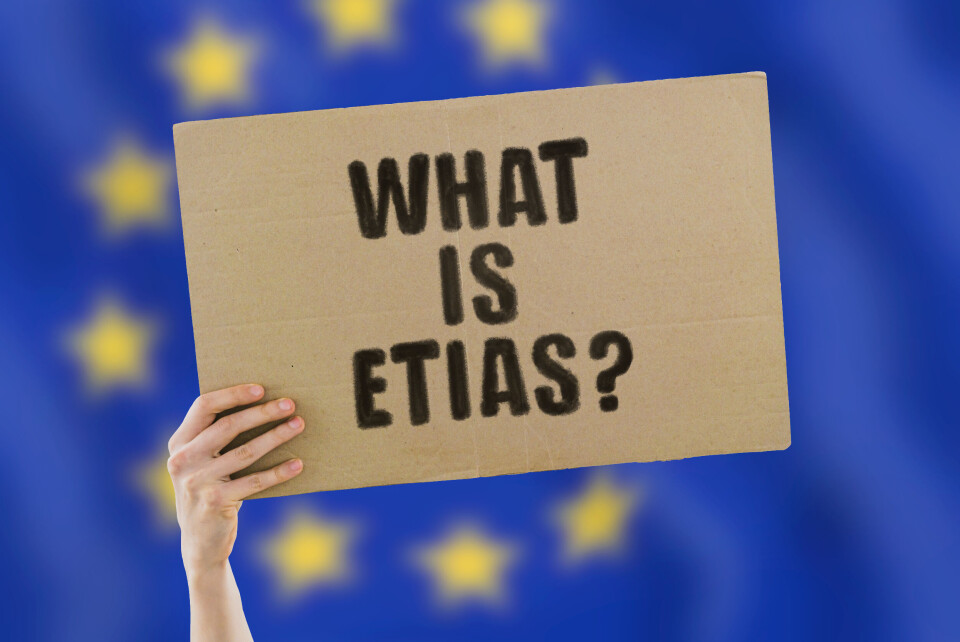-
Le Rozier: a village with dramatic scenery along the Gorges du Tarn
Explore the pretty village in the Lozère department, popular with lovers of hiking and outdoor activities
-
Ryanair may allow dual British nationals to travel to UK without UK passport despite ETA rules
Airlines must carry out checks before boarding to ensure passengers have right to enter UK
-
New luxury Paris-Amalfi sleeper train service
Three-day Orient-Express trip includes hotel stays and Pompeii visit among other excursions
What is the EU’s incoming Etias travel authorisation scheme?
9 in 10 Britons do not know about the travel authorisation scheme according to a study

Some 93% of British holidaymakers do not know about the EU’s incoming Etias travel authorisation scheme, according to research conducted by Direct Line Insurance.
Set to be introduced in November 2023, Etias stands for the European Travel Information and Authorisation System and is more accurately described as a visa-waiver rather than a visa.
Read also: As a French resident, will I need Etias authorisation for EU travel?
The EU tracking system will monitor the movements of non-EU citizens living in countries which do not need a visa for short visits to the Schengen Zone.
This group of travellers will soon have to apply for authorisation before they travel to the bloc.
This will be the case for British, American and Australian passport holders, for example.
How to apply for an Etias form?
The Etias system is currently set to be introduced in November 2023, with the date having already been pushed back.
A traveller will be required to fill in the application form online – a process which is expected to take about 10 minutes, and will cost €7 per person.
Read also: EU’s Etias travel authorisation system start date put back again
Their details will then be checked against EU information systems.
Up to 95% of applications are expected to be approved within minutes but, if further checks are required, the process could take up to two weeks.
When the person begins their journey to the EU, passport control officers will scan their travel document data electronically, triggering a query to Etias. If they have received prior approval they will be allowed to proceed, if not they will be refused entry.
Etias will be similar to the US’ Esta visa-waiver; approval, once obtained, will remain valid for three years.
Under-18s and over-70s will not have to pay a fee, but must still gain Etias approval.
Should more be done to publicise the Etias scheme?
According to the study, 82% of Brits believe more should be done to publicise the new travel rules, with almost two thirds arguing the UK Government and the EU should both be doing more to spread the word.
However, only 7% held the UK solely responsible for additional publicising compared to 13% who said it was the job of the EU.
The Office for National Statistics states that in 2019, over 66.9 million visits to EU countries were made by British people.
Under the new rules, based on one trip per year, this level of travel would see Brits paying the EU collectively a minimum of €275million.
Direct Line’s Tom Bishop said that: “It seems sensible to use the remaining months until the new rules come into force to ensure people know about the visa-waiver, including how and when to apply.
“This would be especially relevant for those travellers with limited online access.”
Related articles
Does the day of entry/exit count towards EU’s 90-day visit limit?
Five questions on how UK’s new border scheme could impact EU tourists
Are there Schengen rule exemptions to help care for elderly relatives?
























